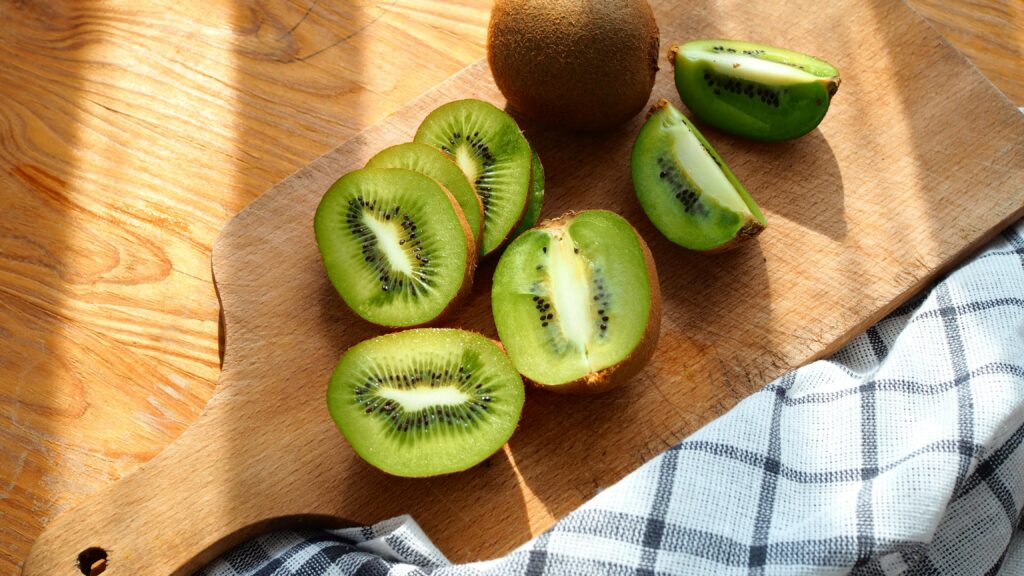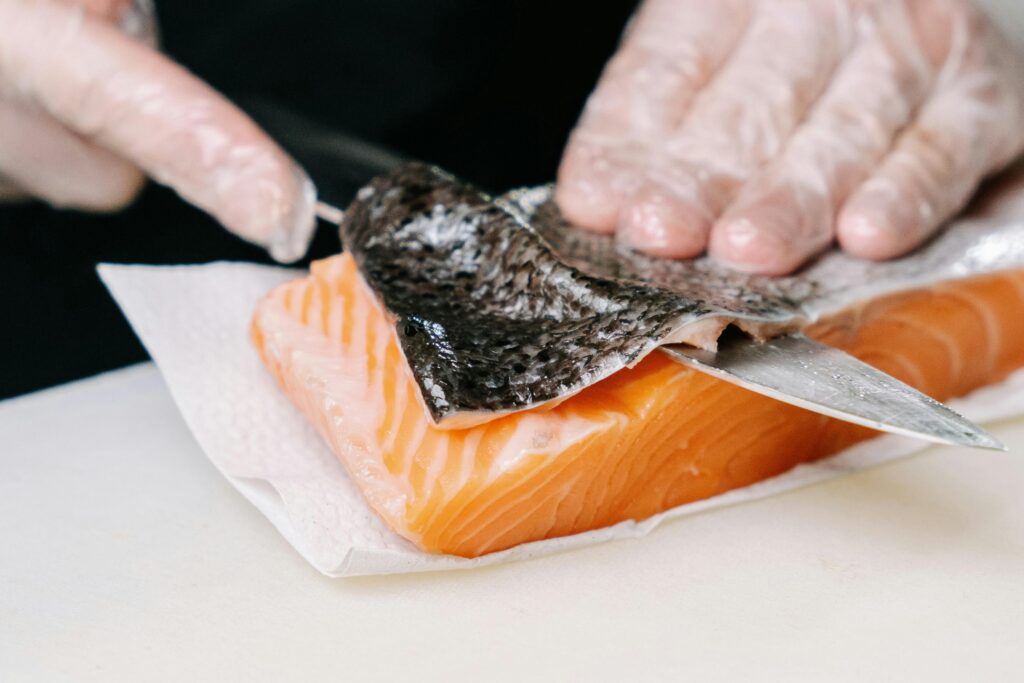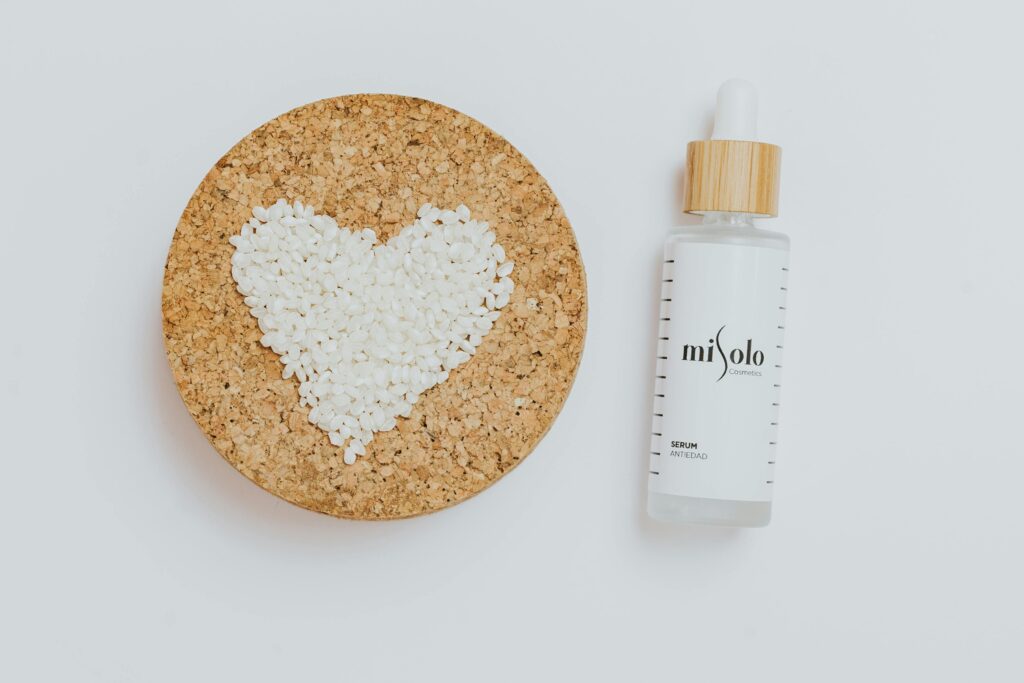In 2024, maintaining vibrant and healthy skin starts with understanding the role of skin nutrition. The right balance of vitamins, minerals, and other nutrients can make a significant difference in your skin’s health, appearance, and resilience. This article dives into the essential nutrients needed for optimal skin health, the benefits of a skin nutrition-focused diet, and tips to nourish your skin from within.

Why Skin Nutrition Matters
Your skin is your body’s largest organ and acts as a protective barrier. Proper skin-nutrition helps support this barrier, keeping it hydrated, elastic, and resilient against environmental factors. Nutrients from your diet are directly linked to your skin’s health, playing a critical role in repairing, protecting, and rejuvenating skin cells.
Key Nutrients for Skin Health
- Vitamin A: Known for its anti-aging properties, Vitamin A supports cell turnover and repairs damaged skin. Foods rich in Vitamin A include carrots, sweet potatoes, and leafy greens.
- Vitamin C: An antioxidant powerhouse, Vitamin C helps combat free radicals and supports collagen production, which is essential for skin elasticity and strength. You can find Vitamin C in citrus fruits, berries, and broccoli.
- Vitamin E: This nutrient protects skin cells from oxidative stress and is often found in almonds, spinach, and sunflower seeds.
- Omega-3 Fatty Acids: Found in foods like salmon, flaxseeds, and walnuts, Omega-3 fatty acids keep your skin moisturized and reduce inflammation.
- Zinc: This mineral aids in skin healing and is essential for preventing acne. Foods like pumpkin seeds, lentils, and meat are excellent sources of zinc.
The Role of Hydration in Skin Nutrition

Staying hydrated is a key part of skin nutrition. Drinking plenty of water flushes out toxins, aids in cellular function, and keeps your skin looking plump and hydrated. Incorporating water-rich foods like cucumbers, watermelon, and oranges into your diet is also beneficial.
Key aspects of Skin-Nutrition
1. Skin Nutrition Botanicals
Skin-Nutrition Botanicals incorporates plant-based ingredients into skincare to nourish and rejuvenate the skin. These botanicals are packed with antioxidants and essential vitamins to support skin health.
2. Skin Nutrition Botanicals Retinol
Skin-Nutrition Botanicals Retinol uses plant-derived retinol alternatives, offering the benefits of traditional retinol like smoothing fine lines and promoting cell turnover but with gentler ingredients, reducing the risk of irritation.
3. Skin Nutrition Botanicals Tea Tree Oil
Skin-Nutrition Botanicals Tea Tree Oil includes this powerful botanical for its anti-inflammatory and antimicrobial properties, making it ideal for acne-prone skin by helping to reduce breakouts and soothe redness.
4. Skin Nutrition Foschini
Skin-Nutrition Foschini refers to a selection of skincare products sold through the Foschini retail chain, focusing on nourishing ingredients that enhance overall skin wellness and address specific skin concerns.
5. Skin Nutrition Food
Skin-Nutrition Food emphasizes the impact of a balanced diet on skin health. Foods rich in vitamins, minerals, and antioxidants help nourish the skin from the inside out, supporting a healthy complexion.
6. Skin Nutrition Botanicals Eye Roller
Skin-Nutrition Botanicals Eye Roller is designed to reduce puffiness and dark circles. Infused with botanical extracts, it helps to refresh and hydrate the delicate skin around the eyes.
7. Skin Nutrition Products

Skin-Nutritions Products include a variety of items focused on providing essential nutrients directly to the skin, supporting hydration, anti-aging, and overall skin vitality.
8. Skin Nutrition Artistry
Skin-Nutrition Artistry combines skincare with an artistic approach, using quality ingredients and innovative formulations to support skin health while enhancing the appearance of the skin.
9. Skin Nutrition Institute
The Skin-Nutrition Institute focuses on research and education in skin nutrition, studying the effects of diet, skincare products, and lifestyle on skin health to develop better skincare solutions.
Top Foods for Skin Nutrition
A diet focused on skin-nutrition should include a variety of colorful fruits, vegetables, nuts, and seeds. Some top choices include:
- Avocado: Packed with healthy fats and Vitamin E.
- Tomatoes: Full of lycopene, which protects the skin from sun damage.
- Green Tea: Rich in antioxidants and known for its anti-inflammatory properties.
Tips to Improve Your Skin Nutrition
- Eat a Balanced Diet: Incorporate a variety of nutrient-dense foods to ensure your skin gets all the essential vitamins and minerals.
- Limit Sugar Intake: Excessive sugar can lead to glycation, which damages collagen and accelerates aging.
- Reduce Processed Foods: These often contain unhealthy fats and additives that can negatively impact skin health.
- Consider Supplements: While it’s best to get nutrients from food, supplements can help fill any gaps in your diet.
The Future of Skin Nutrition in 2024
With the increasing interest in holistic wellness, skin-nutrition continues to gain attention. Innovations in skincare products now often include nutrient-infused formulas, and more people are turning to diet-based approaches for skincare. By focusing on skin nutrition, you can achieve glowing, healthy skin that reflects your overall wellness.

Conclusion
Prioritizing skin-nutrition in your daily routine can lead to noticeable improvements in skin texture, elasticity, and resilience. As we move through 2024, a balanced diet rich in vitamins, minerals, and antioxidants remains the foundation of healthy, beautiful skin. By understanding and implementing these skin nutrition essentials, you’re setting yourself up for a complexion that shines from the inside out.
FAQs that weren’t covered in the main article:
1. How does skin nutrition affect acne?
Skin-nutrition directly impacts acne since a diet rich in antioxidants, vitamins, and minerals can reduce inflammation and improve skin health. Eating whole foods and limiting sugar helps minimize acne breakouts.
2. Can supplements replace a skin nutrition-focused diet?
While supplements can support skin-nutrition, they should not replace a balanced diet. Nutrients from whole foods are absorbed more effectively, providing a more comprehensive approach to skincare.
3. What foods should I avoid for better skin nutrition?
For optimal skin-nutrition, it’s best to avoid processed foods, excessive sugar, and unhealthy fats. These can contribute to inflammation, breakouts, and other skin issues.